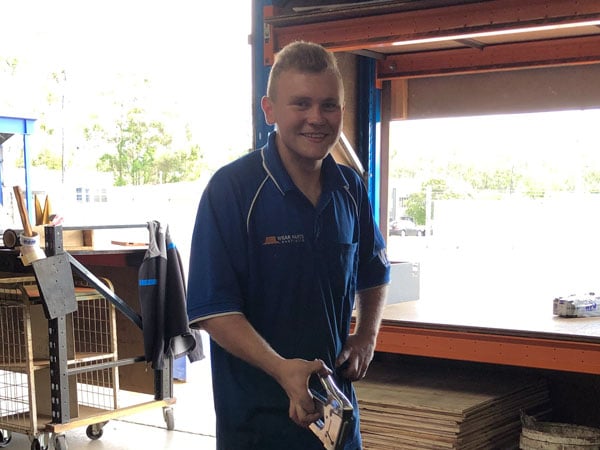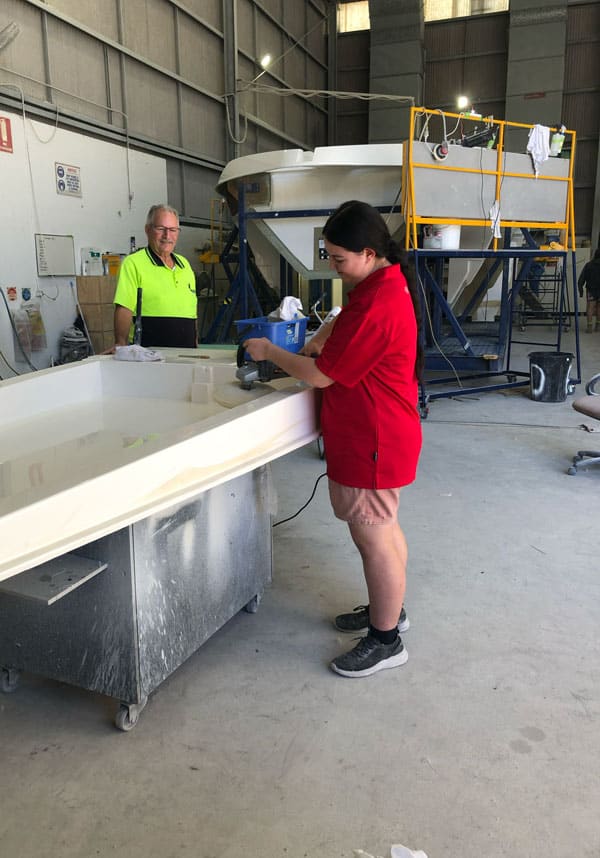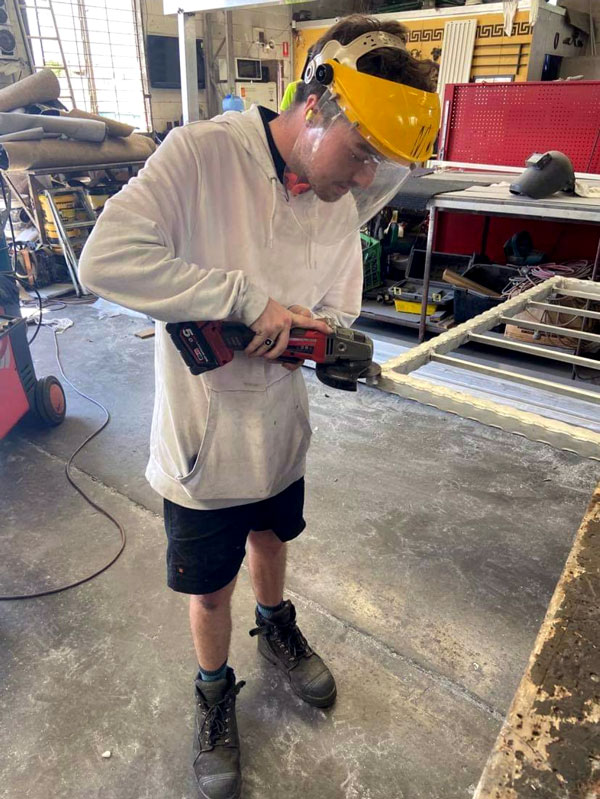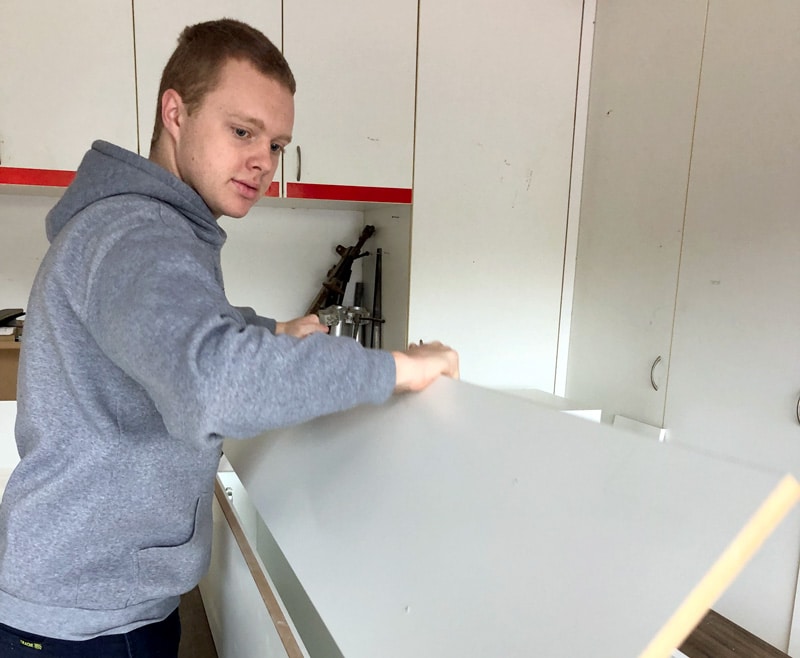MS is different for everyone and there is no ‘one size fits all’ approach to managing MS in the workplace. While some people find no need for any changes to be made to their job or working pattern, others may benefit greatly from small adjustments.
MS is the most common neurological condition affecting young adults in Australia. It is usually diagnosed during the 20s and 30s and it affects three times as many women as men. MS is a disease of the central nervous system, and because any part of the nervous system can be affected, symptoms are wide-ranging and unpredictable.
No two people with MS have the same experience. The most common symptoms are often invisible. Just because a person looks the same as they always have does not mean they are not feeling the impacts of MS. Symptoms include fatigue and neuropathic pain; sensory issues such as numbness, tingling and pins and needles; balance and mobility difficulties; bladder issues and a variety of others.
The Importance Of Workplace Culture
For many people with MS, having a supportive employer is what enables them to remain in employment. However, some employers have concerns about employing a person with MS, often because of misconceptions about how a person may be affected by this medical condition. MS is an individual disease and does not automatically lead to severe disability. The majority of people with MS are willing and able to continue working long after diagnosis.
Most people with MS are diagnosed in the prime of their working lives, when they have valuable experience and expertise to contribute to the workplace. It is therefore important to look carefully at how MS affects an individual’s ability to work, and how that person could be supported and retained in your workplace.
In most cases, the reasonable adjustments your employee needs in order to do their job will be minimal and should not affect the profitability of your organisation.
Moreover, demonstrating an open, responsible and productive approach to people with MS (and people with other medical conditions) will foster a positive workplace in the eyes of your employees, as well as an inclusive and welcoming organisation in the eyes of your customers.
How Can You Help?
People with MS are valuable employees and valuable potential employees.
If you have an experienced, well-trained member of staff, it makes sense to maximise the return on your investment in that person rather than lose his or her skills prematurely.
If you are looking to hire, there is no reason not to hire a person with MS.
Video: Let’s work together – we’re calling on employers to support people living with multiple sclerosis.
Have a conversation
Because MS is such an individual condition, it is difficult to predict exactly how it will affect your employee. It is important to establish an open dialogue, so you can find out what support they need and ask them any questions you may have. The support they need depends on how their MS affects them, the job they do, and their own abilities and coping strategies.
At all times, respect their ability to manage their MS – it is not your responsibility to determine how much they can or cannot do. Trust their self-evaluation and encourage their input into decisions about future roles and responsibilities.
Talking to your employee needs to be more than a one-off conversation. Foster a relationship in which they feel they can trust you. For example, you could arrange a quarterly meeting to talk about how their MS is affecting them and whether they need any additional or different support.
Protect your employee’s privacy
You should take care to ensure that any information your employee shares with you about their MS remains confidential. If you do have to share this information, for example, to enable compliance with health and safety requirements or when tendering for a contract, you should do this in a way that maintains the privacy of your employee.
Make workplace adjustments
Many reasonable adjustments cost little or nothing to put in place. A reasonable adjustment is a change, perhaps to the job or the working environment, which supports an employee to do their job. An example of these adjustments are listed below:
- Having a special chair or stool to sit on
- Negotiating flexible or reduced working hours
- Changing work hours (for example starting later or finishing earlier)
- Working from home
- Moving a work station away from a source of heat
- Putting a fan on their desk
- Access to a refrigerator for cooling products
- Taking time off for medical appointments
- Having somewhere to rest for short periods during the working day
- Using a parking space close to the entrance to work
Video: Employment and MS: We look at the important role employers can play in enabling people with MS to stay in work. Many people with MS are able to work for years after diagnosis but many have to give up work when a greater understanding of the condition would enable them to stay.
Further Information
Australian Network on Disability (AND) – https://www.and.org.au/
The Australian Network on Disability is a not for profit organisation funded by its members to operate as a strategic business partner with companies, organisations and governments employing people with a disability.
Additional Video Resources
Video: Are you aware of your rights and responsibilities and your employer’s obligations in your workplace? Led by MS Employment Support Consultants, Shannon Moyle and Harshi Franciscus, this program will include:
- Strategies for symptom management in the workplace
- Discussion about disclosure of multiple sclerosis at work
- Superannuation and insurance considerations
- Who to contact regarding work issues
Video: This webinar will be presented by Annabelle Brodsky, MS Employment Support Consultant. Annabelle will provide information about fatigue management strategies in the context of work, and in particular look at strategies to support you getting to work, and whilst you are at work, how to incorporate rest breaks, equipment and gadgets to help you succeed.






























